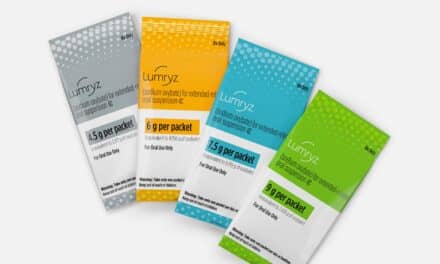Theranexus, a biopharmaceutical company that focuses on the treatment of diseases of the central nervous system, has obtained US patent no. US 9,750,734. This patent was granted to the French Alternative Energies and Atomic Energy Commission (CEA) 5 Sept 5 by the United States Patent and Trademark Office. Theranexus benefits from a worldwide exclusive license on this patent.
Titled “Use of Flecainide as an anti-connexin agent and method for potentiating the effects of a psychotropic drug,” this patent protects Theranexus’ drug candidate TNH102 that combines, on the one hand, flecainide as an anti-connexin agent and, on the other hand, modafinil as a psychotropic drug, until 2034 (not including Patent Term Extension).
“The United States is one of Theranexus’ key target markets. This patent strengthens our IP [intellectual property] portfolio for THN102 in the United States. This drug candidate is currently in a phase II clinical trial in patients with narcolepsy. In parallel with narcolepsy, we are going to start a new phase II clinical trial in patients with Parkinson’s disease who suffer from excessive daytime sleepiness (EDS) at the end of 2017. Each of the two indications currently represents major unmet medical needs with, in the case of narcolepsy, an effect of the currently available psychostimulant perceived as insufficient by 90% of those who use it. Regarding Parkinson’s disease, there is no treatment at all for EDS, a symptom that has a considerable impact on the quality of life of nearly 30% of Parkinson’s patients,” says Franck Mouthon, Theranexus CEO, in a release.
This new patent US 9,750,734 also protects, in the United States, methods of treatment for the use of the drug candidate THN102 to treat patients suffering from both diseases (narcolepsy and Parkinson’s disease).
This protection is an addition to patents previously granted or in the process of being granted for the same family of treatments in other regions such as Europe, Australia, Israel, South Africa, South Korea, and Japan.
This patent was obtained mainly on the basis of preclinical results published in the journal Sleep and showing THN102’s effects on the two symptoms of narcolepsy, excessive daytime sleepiness and episodes of cataplexy.




